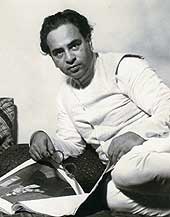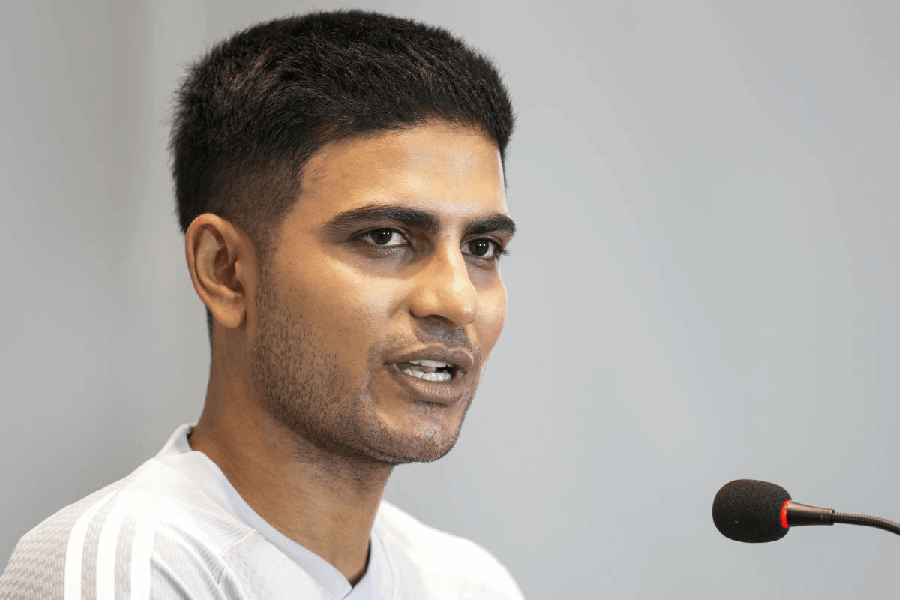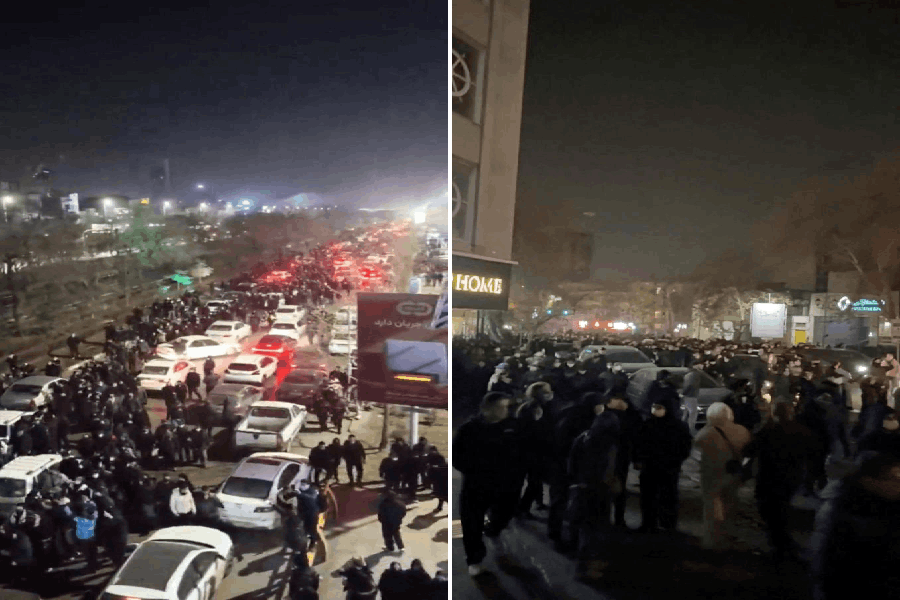|
|
 |
| Tribute: Mulk Raj Anand (top) and Campion |
The documentary has been well researched and written by Mukti Jain Campion, an Indian woman (now married to an Englishman) who came to Britain from India at the age of four. She read science at Oxford and admits that until a few years ago when she saw a play based on Across the Black Waters, Mulk Raj Anand’s novel on the sacrifices of Indian soldiers in the First World War, “I had not heard either of him or that there were thousands of Indian soldiers in the First World War.”
The anecdote I love best is Gandhi’s reaction to Untouchable when the author, fresh from hobnobbing with the likes of Virginia and Leonard Woolf, E.M. Forster, Bertrand Russell, George Orwell and various members of the “Bloomsbury Set” in London, showed the Mahatma the manuscript of his novel. This recounts a day in the life of Bhaka, a sweeper boy.
“Well, your untouchables sound too much like Bloomsbury intellectuals,” admonished Gandhi. “You know an untouchable boy wouldn’t talk in those long sentences.”
Rewritten by the grateful author, Untouchable was published in London in 1935, but not before it was rejected by 19 publishers. It would probably have bitten the dust had it not been for E.M. Forster’s strong advocacy.
Although Salman Rushdie’s Midnight’s Children is widely credited with popularising the use of Indian words in an English novel, it is Mulk Raj Anand who can claim to be the earlier pioneer of “chutnification”.
One of those interviewed for the programme is Michael Foot, the former Labour Party leader, who says: “He was teaching us and people like Orwell what British imperialism was like and what it meant. When I met him, he put the Indian case better than anybody, I think. Upstairs in this house I’ve got all his books.”
Mulk Raj’s daughter from his first marriage, Sushila Anand, who lives in London and is herself an author, enthused after hearing the programme: “I am impressed. I suggested to Mukti she do a part two.”
|
|
| Airy Fairy: Nikki Bedi |
“This was my mission,” says Sharma, who lobbied hard. Last week, Air India threw a big party at a top London hotel to celebrate the new route, with guests given “first class boarding passes” to enter the main ballroom where the evening’s presenter, Nikki Bedi, acted as “chief stewardess”. Her bindi was Air India’s Maharaja symbol — a nice touch.
If the Punjabis get up a signature campaign, just as the Gujaratis did, perhaps they, too, will qualify for direct flights. In theory, there is no reason why Air India, like British Airways, shouldn’t fly direct to Calcutta, which would bring in more trade, tourism and Bengali doctors bearing Marks & Spencer cardigans for their elderly mums.
However, I am told by a very senior Air India source that when the airline suggested direct flights to Calcutta from London, the response from the West Bengal government was unenthusiastic. This I find hard to credit. Next, someone will tell me that the West Bengal government did not want English taught to primary schoolchildren.
|
|
| Flashdance: Honey Kalaria |
ding a telephone conversation from the office with the words, “Thanks Honey, see you later,” can lead to raised eyebrows from colleagues.
But, really, there is no other way to address young Miss Honey Kalaria, an effervescent girl full of the joys of spring at being recognised as “the unofficial Bollywood ambassador in Britain”.
If anyone epitomises the spirit of an Indian version of Fame, that person is Honey, Britain’s answer to Farah Khan. Born into a Gujarati family in Malawi, she came to Britain with her parents as a “tiny tot”, and now runs a dance academy with over 1,000 pupils. Her best dancing girls are much in demand for corporate functions, such as last week’s Air India party.
Bollywood has become such a craze in the UK that Honey’s Bollywood Workout video shot to number one in the charts in the exercise category. She has also come out with other videos on “teach yourself Bollywood dancing”. Some of her Bollywood videos have now found their way into schools, which provides her an easy way to introduce Asian and non-Asian children to the basics of Indian culture.
There was a time when Bollywood dancing girls, if required in Britain, had to be imported from India. But no longer.
Her Bollywood dancing, emphasises Honey, who travels periodically to Mumbai to keep up with Indian trends, is “a fusion of east and west”.
By and by, thanks to Honey, the British will claim, as they have done with curry, that Bollywood is quintessentially British.
With the American presidential election, it’s different. The Guardian has already come out strongly for John Kerry, who has more or less clinched the Democratic nomination.
“That is something for Britons to welcome too,” said the Left-wing Guardian. “Nothing in world politics would make more difference to the rest of us than a change in the White House. The free world has never had a stronger interest in the result of a US election than it has in the defeat of Mr Bush.
Senator Kerry carries the hopes not just of millions of Americans but of millions of British well-wishers, not to mention those of nations throughout Europe and the world.”
For over 50 years, guests have been disclosing their eight favourite pieces of music plus luxury item which they would take to their imaginary desert island.
Noon was transported to the Valley of Kashmir by his first (and favourite) choice of music — Nat Bhairav, performed by Shivkumar Sharma, Hariprasad Chaurasia and Brijbhushan Kabra.
He also picked a wedding instrumental, Ae Meri Zohra Zabin, and Raga Bageswari-Gat performed again by Chaurasia, with Zakir Hussain on tabla.
Keeping in mind his mainly English audience, Noon did not make the mistake of selecting only Indian pieces of music (“as Imran Khan did”) and instead picked a pretty eclectic mix which included Dean Martin, Frank Sinatra, Luciano Pavarotti, Dolly Parton and Tina Turner.
Mind you, when Noon appeared on Foot Lights, a radio programme I used to host — yes, I know they were hard up for presenters — he disclosed the song he loved best: Tuhi Re from Mani Ratnam’s Bombay.
We have all assumed that the convicted Australian fraudster, Peter Foster, who is trying to whip up interest in his forthcoming book, is being utterly ridiculous when he alleges that Tony Blair’s relationship with Carole Caplin, “lifestyle guru” to Cherie Blair, was, shall we say, “intimate”.
Carole, claims Foster about his former girlfriend, gave intimate “massages” to Blair while his wife was away from Chequers, the prime minister’s official residence.
In his media column, Andrew Neil, my former editor at the Sunday Times, acknowledges that “it would be foolish to take anything that Foster says at face value”. However, Neil warns that “it would be even more foolish to take official denials (about a relationship between Blair and Caplin) at face value.”














